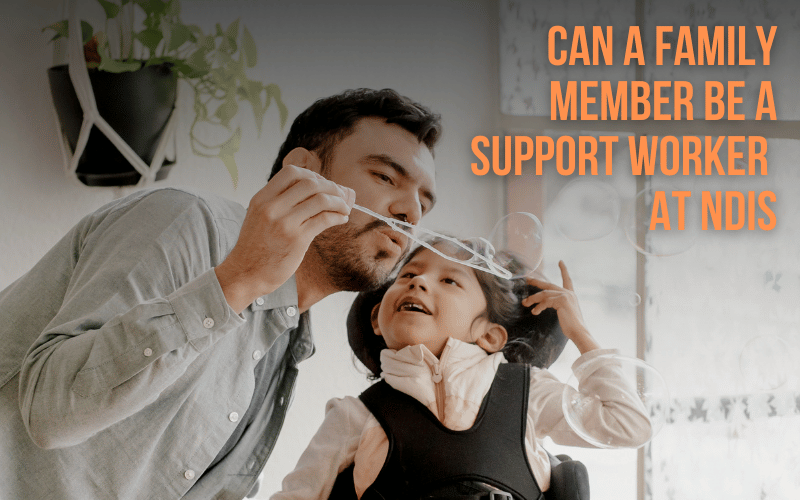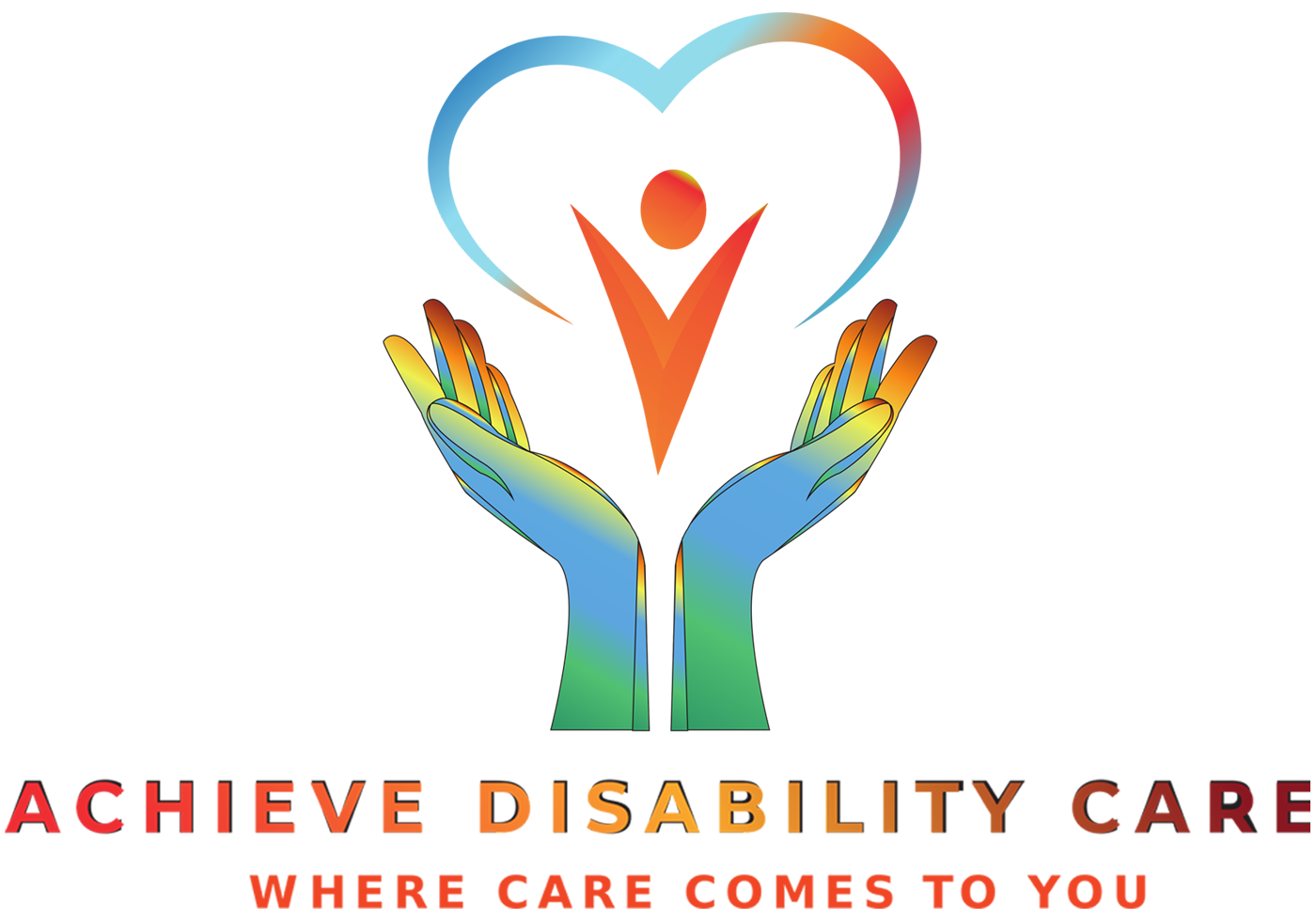38 Dallington crescent Balga WA 6061

Can A Family Member Be A Support Worker At NDIS
Can Family Members Be Hired as Support Workers at NDIS: Understanding the Rules and Regulations
The role of friends, family, and community members in the life of disabled individuals is vital. Small or big, in their own limits and capacities these people offer support to help disabled people lead a more independent and empowered life. The comfort and safety one feels with their loved ones is unmatched and hence many often raise a question: Can we hire our family members as paid support workers at NDIS?
Through this blog, we will understand whether or not your family member can be a support worker at NDIS.
Informal & Formal Support Care
Before we dig into the rules and explore the possibilities, let us understand who the informal support providers are. These are usually your friends, family members, and members of the community who offer assistance in daily life and emotional support. This care is reasonably expected to be offered without any monetary support. Hence, they are called informal supports.
Formal support on the other hand is provided by paid workers who are skilled at offering professional care. The need for formal support could vary depending on an individual’s disability needs. NDIS funds can be used to get paid formal support to help with daily living assistance, therapeutic learning, and various other reasons.
Don’t forget to read:- What Can NDIS Funds Be Used For?
Can you hire a family member as a support worker at NDIS?
The answer is No. In most generic cases, the answer will remain no. However, there are few special circumstances under which NDIS approves your family members to offer formal support care. There are rules and regulations surrounding family members offering formal care to avoid any conflict of interest.
In order to be eligible for formal care, one must meet one of these few rare exceptions.
- There are religious and cultural reasons that make family members eligible for paid formal support.
- There is a risk of harm and neglect to patients if not provided with funding.
- There are strong personal views of participants that make family members apt for providing formal care.
- A participant is living in an extremely remote area with no access to support services.
- A participant must have explored all the other options and is left with no other choice.
The participant must get written approval from the National Insurance Disability Agency first before engaging family members or informal support group members as paid supporters.
Here are a few other guidelines stated by NDIS.
- In order to be eligible, a family member must offer care that can be determined as formal care. Informal care like assisting in daily tasks and offering emotional support cannot make them eligible for paid support work.
- Family members cannot be hired as support workers if they live with the participant and are financially dependent on them.
- A family member must pass all the training and eligibility tests like a formal support worker.
Are there any benefits to hiring family members as paid support?
Absolutely. Although there are restrictions guiding this behavior there are few potential benefits of hiring family members to offer support.
- Family members bring along comfort and safety. Individuals getting care may feel safe and at ease with them. This has as many psychological benefits as welfare and well-being. Disabled individuals will perform better in the care of nurturing family members.
- Hiring a family member establishes trust and security between the care provider and taker. This makes everyday life better and more feasible for the disabled.
- Lastly, it’s more cost-effective than hiring any paid professional worker.
However, the benefits can be manipulated and harm to patients can be far worse. Moreover, professional care is more suited because it is professional and people are trained to deal with unique disability needs without exhausting either party.
There indeed are demerits to hiring a family member. Let’s look at a few of them.
- Family care may not be effective as they lack professional training. The support care may be ineffective and at times risky for the caregiver and taker.
- Dealing with certain disability needs requires professional support. Family members may not be able to distinguish between the two and separate their personal and caregiving roles. Drawing a professional line in terms of offering care and behavior is a must and most family members seem to diminish that line.
- Hiring a family member may result in a conflict of interest. It can affect the quality of care. Besides, care must be impartial. When you hire a family member there are higher chances of this care getting partial and ineffective.
Conclusion
You can hire a family member as a paid support worker under extremely special circumstances. The rules and regulations must be understood properly to ensure high-quality effective care and support. After considering an individual’s needs and approach the best course of action should be taken that supports the disabled at best.
Confused and still lacking clarity? Get in touch with us to Achieve Disability Care and we shall help you understand the rules in a much better way. We are NDIS care providers and our interest lies in your welfare. Connect now.
